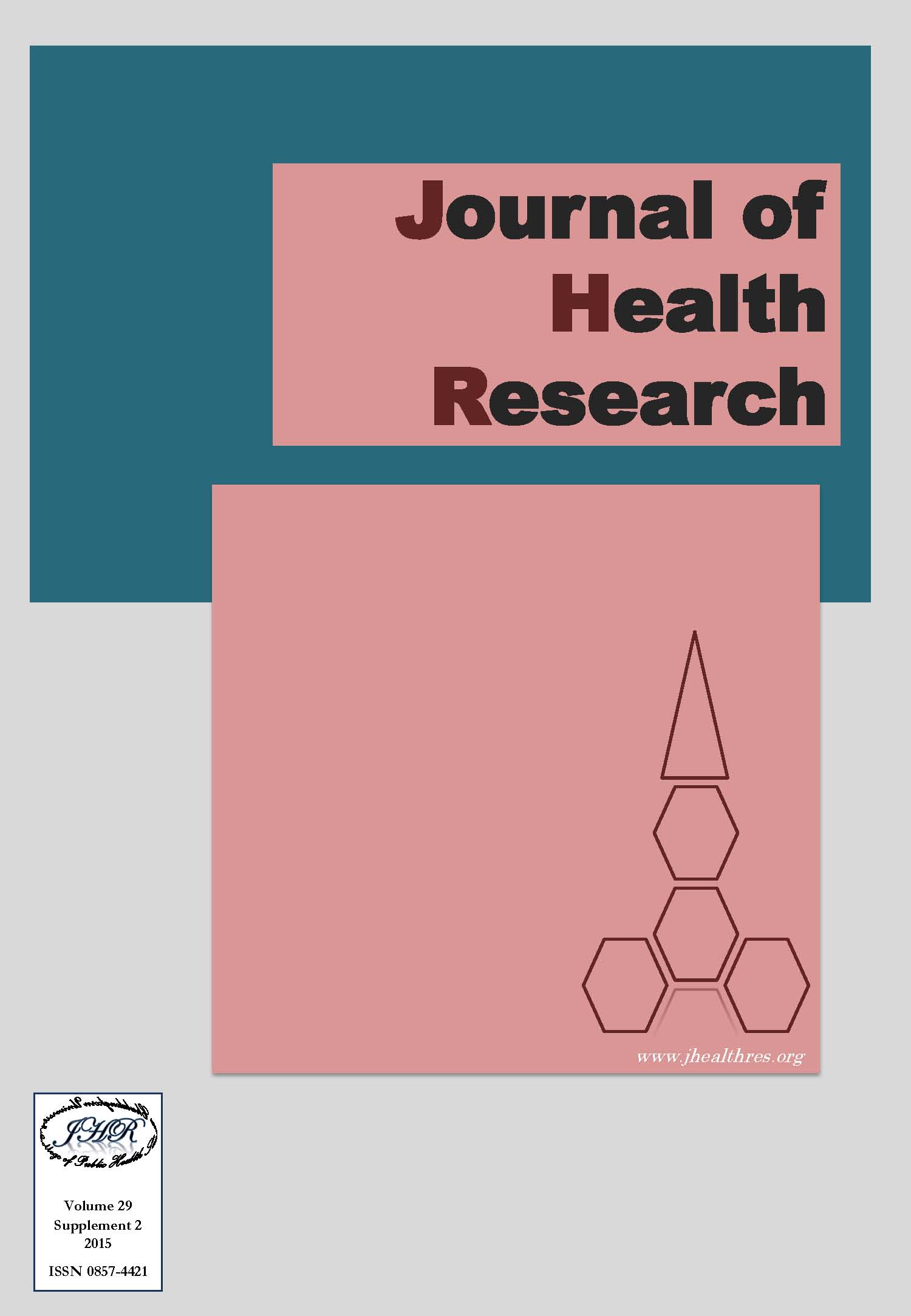Knowledge, attitude, and practice towards the campaign “Eat hot food, use serving spoon, and always wash your hands” among food consumers in Chulalongkorn University canteens, Bangkok, Thailand
Keywords:
Food and water communicable diseases, Food safety, Personal hygiene, ThailandAbstract
Background: Nowadays, there are many cases of communicable diseases caused by eating food or drinking water contaminated with pathogens. The aim of this research was to assess the knowledge, attitude, and practice towards the campaign “Eat hot food, use serving spoon, and always wash your hands” which help to prevent such diseases, among food consumers in Chulalongkorn University’s canteens in Bangkok, Thailand.
Methods: A cross-sectional survey was conducted. Four hundred and thirty participants≥18 years old were recruited and a structured questionnaire was used. Chi-square and Fisher’s Exact Test were used to analyze association between independent and dependent variables.
Results: The study indicated that 79.8% of respondents had “high level of knowledge”, 58.4% had “neutral attitude”, and 71.2% had “fair practice”. In addition, knowledge was associated significantly with occupation (p=0.015), income per month (p=0.009), and ever hearing about the campaign (p=0.012). The attitude was associated significantly with age (p=0.009), education (p<0.001), occupation (p<0.001), income per month (p<0.001), expenditure per month (p<0.001), and ever hearing about the campaign (p=0.004). The practice was associated significantly with age (p<0.001), education (p=0.017), occupation (p<0.001), income per month (p<0.001), and expenditure per month (p=0.001). Moreover, there was significant association between knowledge and attitude (p<0.001), and attitude and practice (p<0.001), while there was no significant association between knowledge and practice (p=0.488) of respondents about the campaign.
Conclusions: These findings could be incorporated into health education programs concerning food- and water-borne communicable diseases to improve consumers’ knowledge. Furthermore, health promotion activities should be arranged especially using serving spoon correctly and washing hands thoroughly to create good attitude and practice among consumers at Chulalongkorn University







